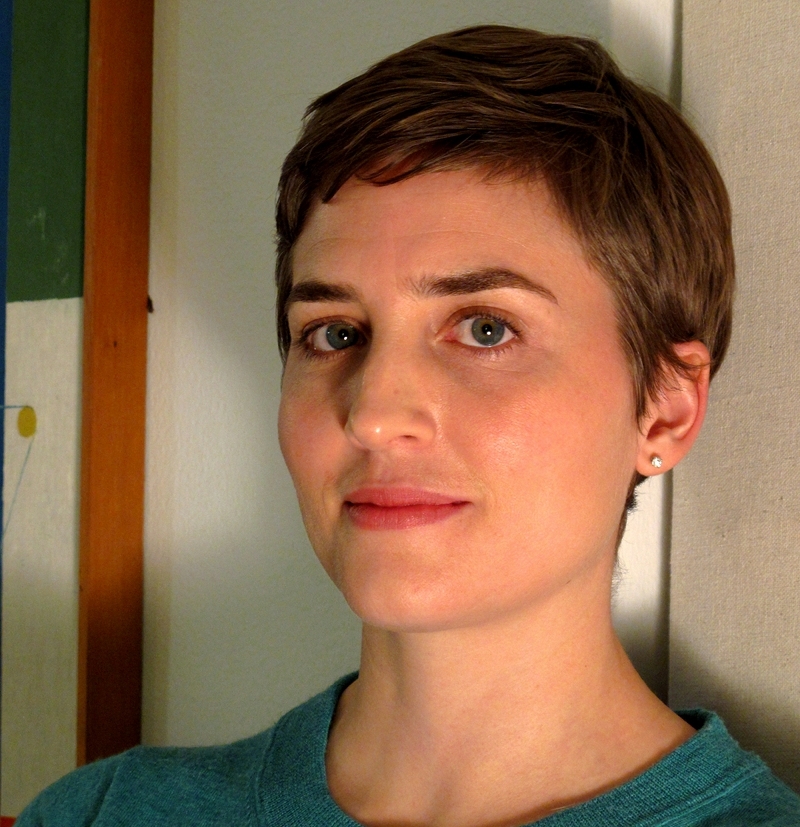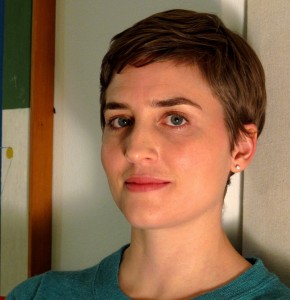New faculty profiles showcase GSA members who are establishing their first independent labs. If you’d like to be considered for a profile, please complete this form on the GSA website.
Annalise Paaby
Assistant Professor, School of Biology
Georgia Institute of Technology
Research program:
My lab explores major questions in evolution and quantitative genetics. We work with C. elegans and related Caenorhabditis species; current projects include exploring how cryptic alleles in embryogenesis depend on genetic background and how variation in gene regulatory mechanisms affects development. I’m also interested in how the environment influences trait expression and imposes selection in natural populations, and we’re gearing up for some field collection trips to the nearby Appalachian foothills.
I am looking for PhD students and postdocs! My lab is very multi-disciplinary, and I’m interested in working with people with any of many different backgrounds and interests, including microscopy, molecular biology/genetics, genomics/complex traits, and evolutionary scholarship. Georgia Tech has a phenomenal biology group, and Atlanta is a lush, green city with loads of restaurants and great quality of life. If any of this sounds interesting to you, please drop me a line.
“I get to think about some of the most interesting questions, and talk about them with the most interesting people. Nothing beats a really intense intellectual argument.” – Annalise Paaby on her favorite part of her work
Role of GSA in your career:
Being a part of GSA has helped advance my career in all kinds of nuanced ways, I’m sure. But one specific thing had a huge impact. In 2012 I received the DeLill Nasser Professional Development Award, which enabled me to fly to Scotland for the 4th International Conference on Quantitative Genetics. Miraculously, I landed a talk at this prestigious meeting… and following my talk, an editor in the audience invited us to write an article for Nature Reviews Genetics on cryptic variation. I’m really proud of that article, so thank you GSA. But societies like GSA are not just important because they can give you money. They also provide entry points for engaging with the field, which can be so hard for junior scientists, but is so important.
Previous training experiences:
- Undergraduate – Swarthmore College
- Graduate – University of Pennsylvania, Schmidt Lab, Drosophila
- Postdoc – New York University, Rockman Lab, C. elegans
Teaching:
This semester I am teaching an undergrad course in Introductory Statistics and Experimental Design. I was inspired to take it on given my life-changing experience in grad school of learning this material from the very best—Warren Ewens at UPenn. He communicated the fundamentals of basic statistics so beautifully that it was actually very interesting. I’m going to try and follow in his footsteps as best I can. I’m also talking with another faculty member at Georgia Tech about developing a new course on scientific communication for our grad students. This is also inspired by some of the best teaching I myself have ever received, this time during my postdoc: a late-night science writing course I took from journalism professor Stephen Hall at NYU, and what was initially the beta version of what is now the Alan Alda Communicating Science workshop at Stony Brook.
Interests outside of work:
When I was in grad school, I raced bikes competitively. I gave that up while in New York city for my postdoc, but I’m hoping to at least get back on the bike once and a while again. I also like to make and fly kites.
| The views expressed in guest posts are those of the author and are not necessarily endorsed by the Genetics Society of America or its employees. |
































